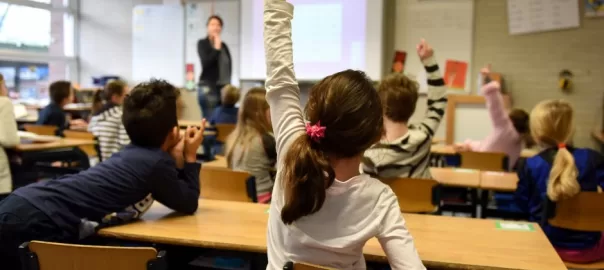
Q. My concern is that my teenage son who has been struggling with remote learning and isolation, is of a generation that grew up having to be worried about school shootings, climate, higher levels of political divide, protests and rioting, and now a pandemic. I’m wondering if I should have an in-depth conversation with him about anxiety and depression in relation to the fact that he has grown up with these things and therefore is at greater risk. On the other hand, am I sending him the message that you should be anxious because you’ve grown up with these things? His symptoms are not what I would consider to be serious, but I’d like to prevent them from becoming serious. I’d appreciate any feedback or suggestions.
A. Your question about sending him the message that perhaps he should be anxious because of these world events is a perceptive one. Yes, he has so much to contend with in his young life, but I do believe that every generation has its worries. I grew up with the threat of nuclear bombs












